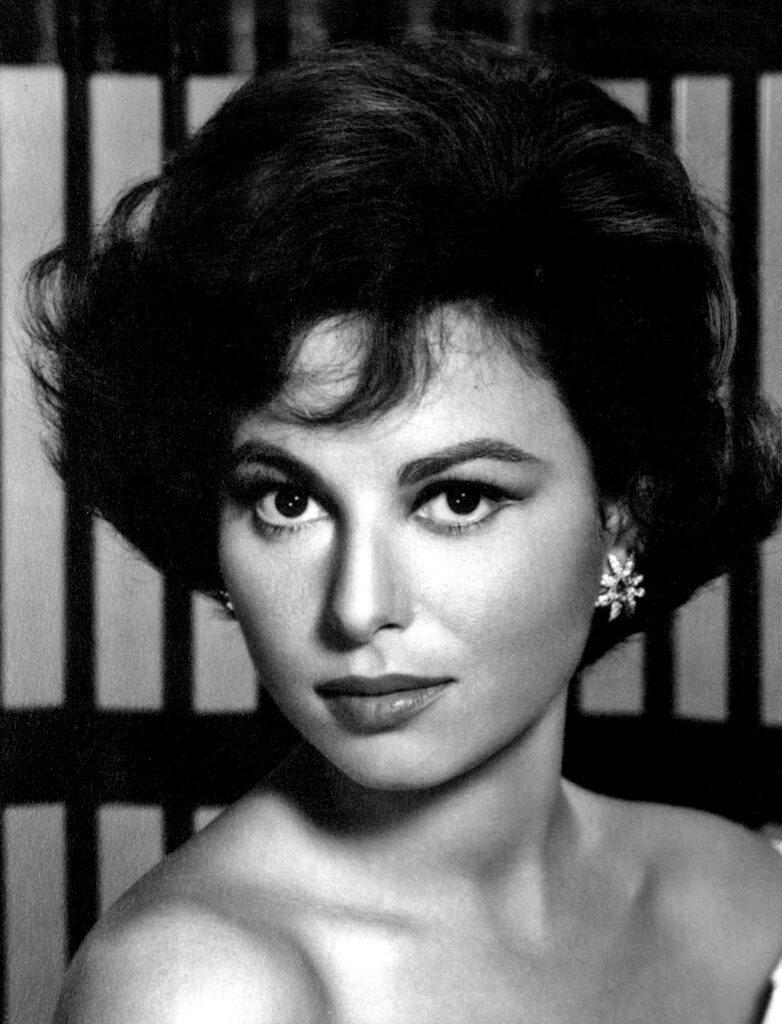September 20, 1931
Actress Haya Harareet, best known as Judah Ben-Hur’s love interest Esther in the 1959 remake of “Ben-Hur,” is born Haya Neuberg in Haifa to Polish immigrants who arrived in Mandatory Palestine when they were teens. She gains the last name Harareet, meaning “mountainous,” while in elementary school.
Haya begins her acting career in 1955’s “Hill 24 Doesn’t Answer,” the first feature film produced in Israel for international distribution. The film about the Israeli War of Independence is nominated for the Palme d’Or at the Cannes Film Festival. She stars in the 1957 Italian film “The Doll That Took the Town,” then gains her widest international audience with “Ben-Hur,” set in the Land of Israel under Roman occupation in the time of Jesus. Directed by Jewish filmmaker William Wyler, “Ben-Hur” sets a record for largest film budget. It is the top-grossing film of 1959 and second all time until then, behind “Gone With the Wind.” The film wins 11 Academy Awards and three Golden Globes. Harareet is commended for her performance but is not among the nominees.
After “Ben-Hur,” she appears in five more feature films in Italy, the United States and Britain through 1964, then returns for a final performance in a short in 1974, “My Friend Jonathan.” She also co-writes the screenplay for 1967’s “Our Mother’s House,” based on a novel by Julian Gloag and directed by Britain’s Jack Clayton, who becomes her second husband in 1984.
Harareet’s first marriage, to irrigation engineer Nachman Zerwanitzer, ends in divorce. Her marriage to Clayton lasts from 1984 until his death in 1995.
She died Feb. 3, 2021, in England at age 89.









